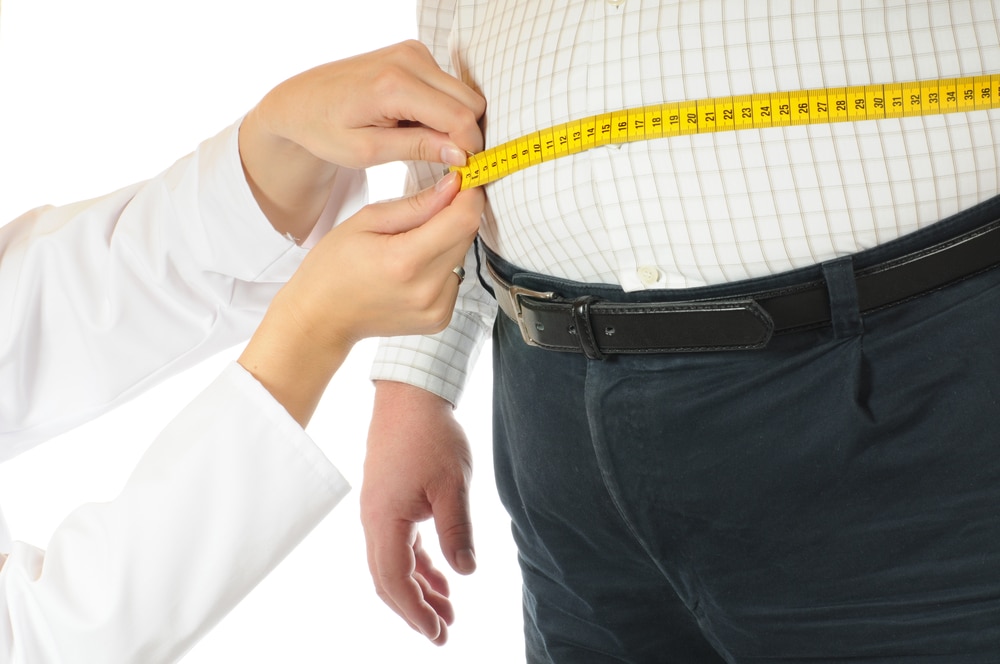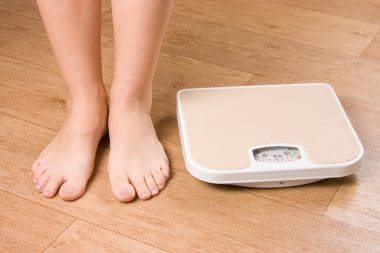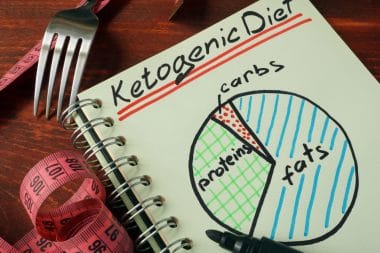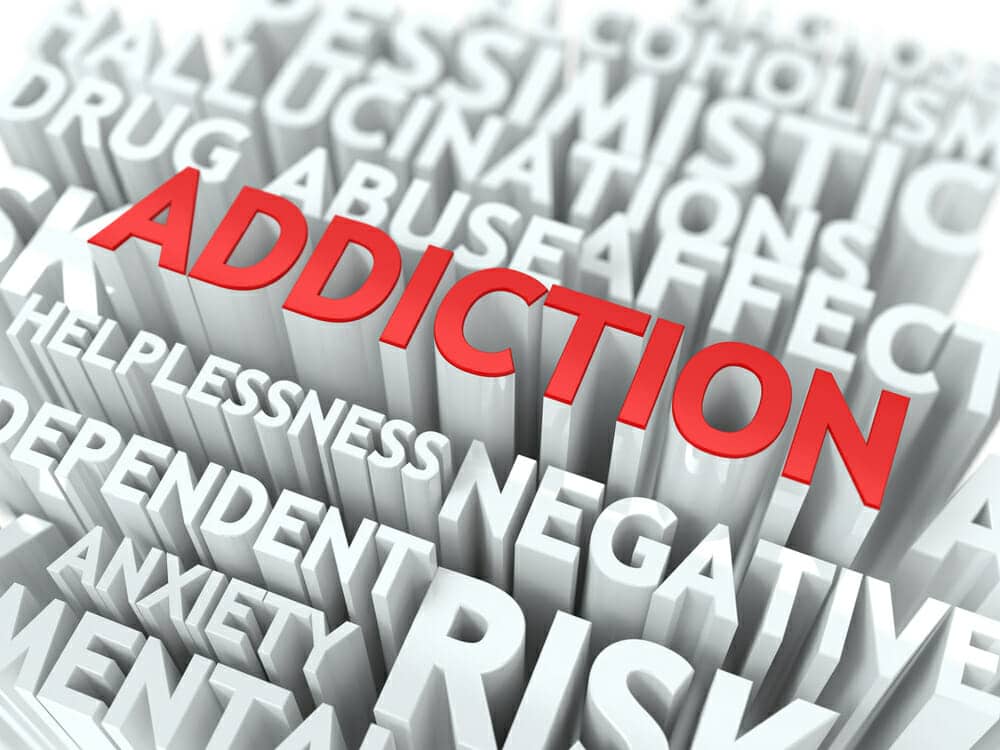Eating enough healthy food is essential for your well-being. Even if you are trying to lose weight, you should make sure that you eat enough to maintain basic health day to day. There is no universal answer to the question of how many meals you should eat each day, but this article explores some important principles you should follow in order to work out what is right for you. These principles involve the kind of food you eat, how frequently you eat and the portion size.
There is no precise ‘one size fits all’ rule because everyone’s lifestyles, base metabolism and energy demands are different. However, your body needs sufficient food and nutrition to provide the energy required to perform all its functions. Nutrition needs to be provided throughout the day. Eating all your calories and nutrition in one enormous meal would do you more harm than good. Likewise, not eating enough, even when you are aiming for weight loss, could damage your health.
Some athletes eat six or more small meals throughout the day. As they are making high-level energy demands on their bodies most of the time, they need constant ‘top ups’ to keep them going. Most people, however, undertake less strenuous activity. Between three and six meals a day is considered to be the optimum range for maximum health in normal circumstances. The traditional three meals a day rule is best for most people as it fits in with their working schedules.
Eating three meals a day provides your body with nutrition at regular intervals. Your body needs energy all the time. It is not only when exercising and doing sport that energy is required. Even sitting, thinking and sleeping make energy demands on the body. It is important that the food consumed at each meal is healthy and nutritionally balanced. Frequency is only one part of the equation. Quantity and quality of food are also important. Research has shown that people who eat two meals or less a day tend to favour fatty or sugary foods as their bodies try to compensate rapidly for their energy deficit.
Although the precise number of meals will vary depending on each individual’s needs, the answer to optimizing the benefits of healthy eating, either for general well-being or weight loss, is to eat small amounts of nutritious food frequently. Exactly how much and how often will depend on your age and lifestyle. Younger, more active people will need to eat more. Older, less active people will need to eat less. Children especially need a regular provision of healthy, nutritious food as they need plenty of energy in order to grow.
A mistake that many people make when aiming to lose weight is to skip breakfast. If you must skip a meal, you should never miss breakfast. Breakfast really is the most important meal of the day. Come breakfast time, your body has been fasting for about eight hours. Research has shown that people who eat a healthy breakfast perform better at work and if they are aiming to lose weight, burn fat faster than those who don’t. If you have a nutritious breakfast, you are much less likely to snack during the day.
Make sure you include portions of proteins such as lean meat, fish, eggs or nuts in at least one of your daily meals, and fresh fruit and vegetables in all of them. You should drink a glass of water with each meal. No one portion should be larger than the palm of your hand.
If you are used to eating randomly on impulse and grabbing fatty, sugar-rich foods as snacks, making the transition to regular, healthy meals can be difficult at first. It is worth persevering, however, as you will soon become used to your new lifestyle. The benefits of eating the right number of nutritious, healthy meals each day include a general increase in energy and well-being and a significant decrease in the risk of cardiovascular disease. Exactly how many meals you need will vary, but eating between three and six well-balanced and nutritious meals every day will ensure that your body is getting all the energy it needs.








Reply